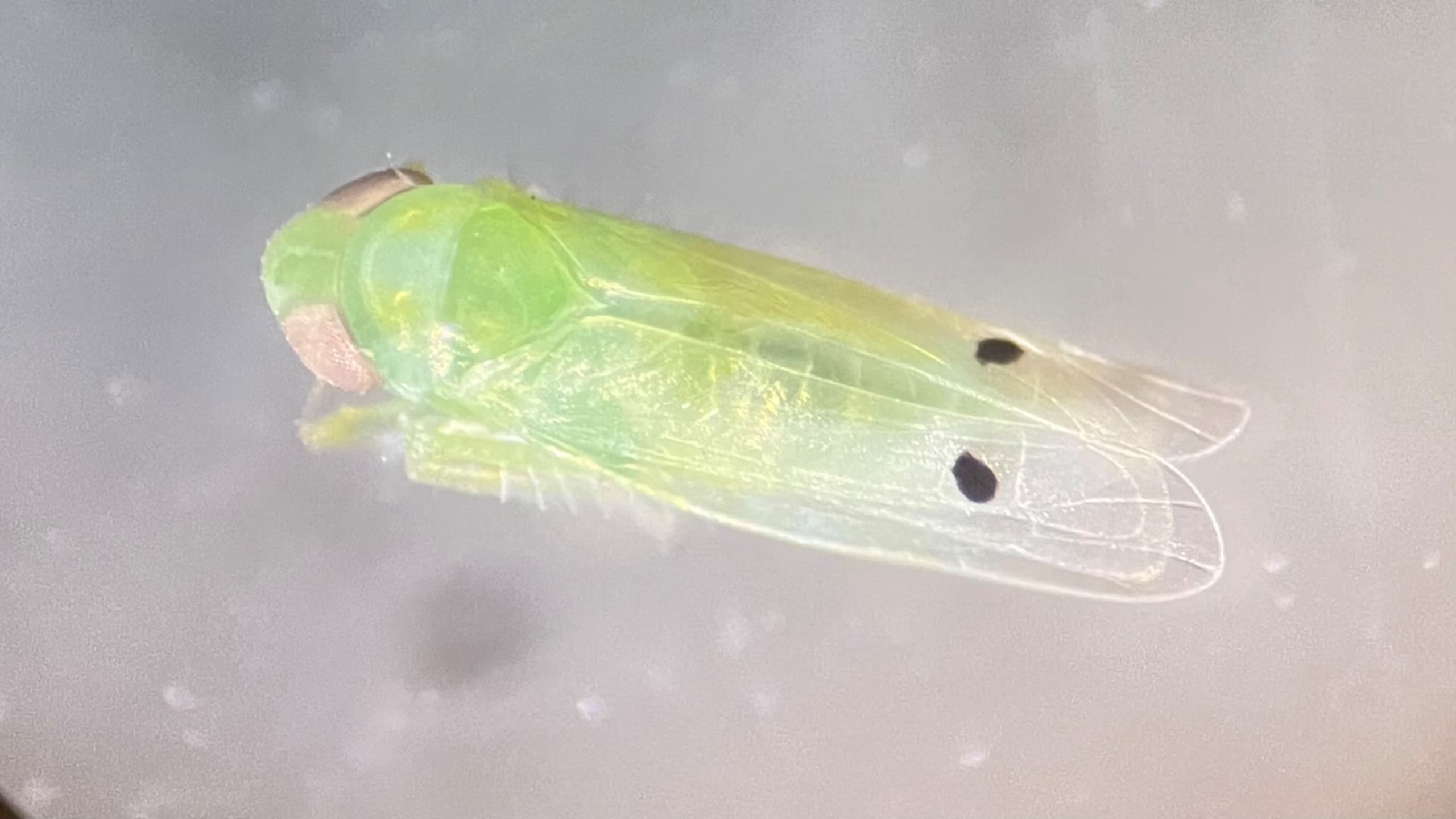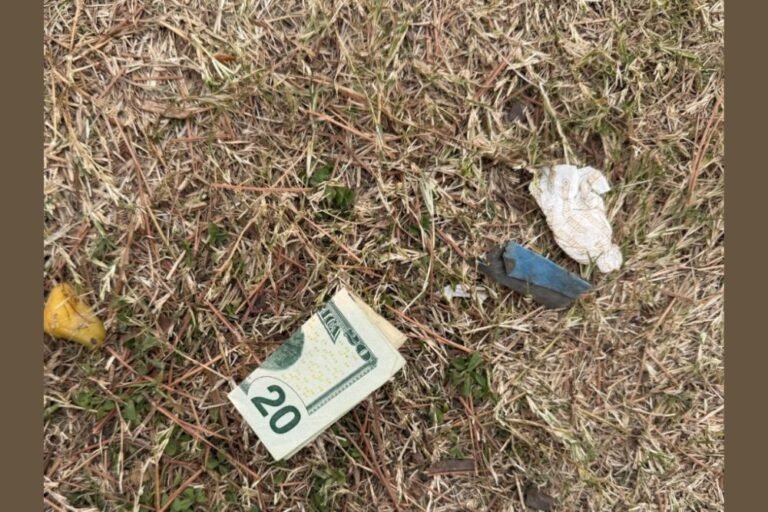Georgia Farmers Warned as Invasive Cotton Jassid Spreads Across State
ATLANTA, Ga. — Georgia agriculture officials are urging farmers to be on high alert as a destructive invasive insect, the cotton jassid, rapidly spreads through the state, threatening millions of dollars in crops.
Pest Arrives in Georgia
The two-spot cotton leafhopper (Amrasca biguttula), commonly known as the cotton jassid, is native to the Indian subcontinent. The bug, which is only about one-tenth of an inch long, was first detected in Seminole County in July and has since been reported in at least 12 other counties.
Officials say the insect likely arrived through international trade routes, as similar pests have previously entered the U.S. on ships or cargo.
How the Pest Damages Crops
Cotton jassids attach to the underside of plant leaves, where they suck out cell contents, interfering with photosynthesis. Their feeding causes leaves to yellow, then turn brown in a process known as “hopperburn.”
While cotton is the primary target, the pest also attacks peanuts, soybeans, cowpeas, and eggplants, among other crops.
Major Threat to Georgia Agriculture
Georgia Agriculture Commissioner Tyler Harper warned that the pest could cause significant crop losses if left unchecked. He encouraged farmers to monitor their fields closely and report sightings to their local UGA Extension office.
The warning comes as Georgia begins its cotton harvest. Cotton, the state’s most valuable row crop, was worth hundreds of millions of dollars in 2022. Peanuts, another at-risk crop, ranked as Georgia’s fourth-most valuable agricultural product.
Georgia’s Battle With Invasive Species
The cotton jassid is only the latest in a string of invasive species to challenge Georgia agriculture. In recent years, officials have also sounded alarms over the spotted lanternfly and the yellow-legged hornet, both posing risks to crops and pollinators.
Georgia farmers are bracing for potential losses as scientists race to develop treatment strategies. Do you believe the state should increase funding for invasive pest control to protect farmers’ livelihoods? Share your thoughts at SaludaStandard-Sentinel.com.







